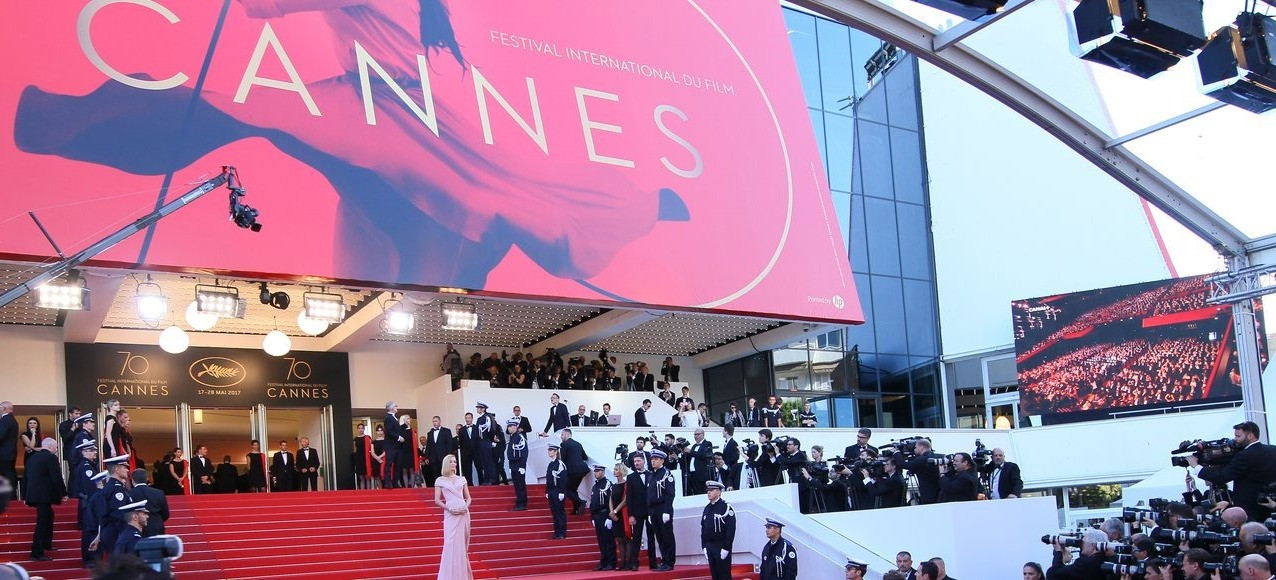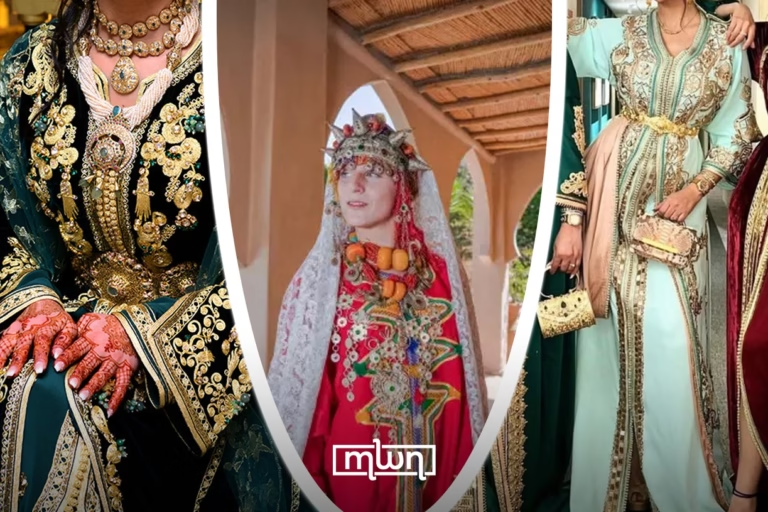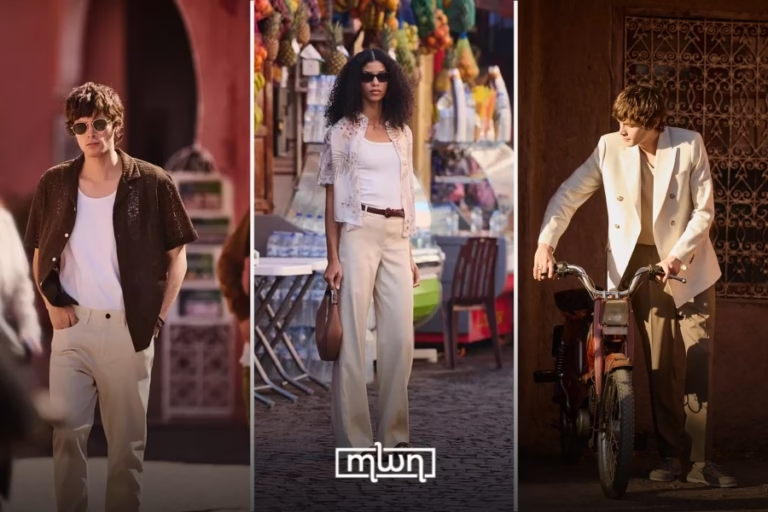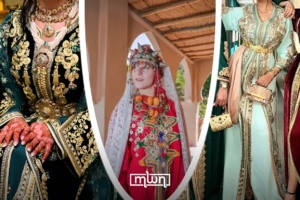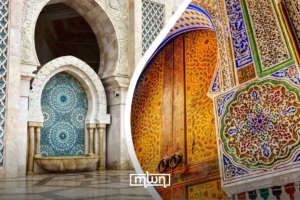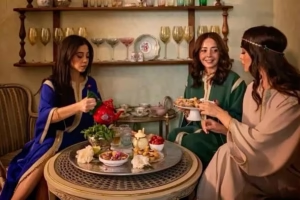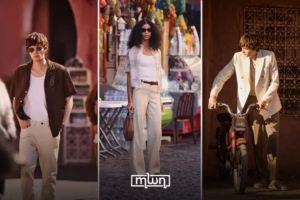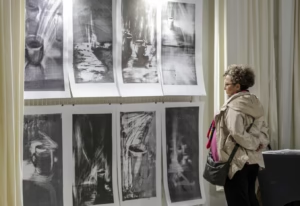Rabat – The 76th edition of the Cannes Film Festival marks a notable participation for Morocco, featuring three Moroccan movies in its lineup, as well as Moroccan film director and screenwriter Maryam Touzani among the festival’s jury.
Morocco is participating in the prestigious festival with two feature films in the category “Un Certain Regard” (A Certain Look) of the official selection. This includes “Kadib Abyad” (The Mother of All Lies) by director Asmae El Moudir and “Les Meutes” (The Packs) by Kamal Lazraq.
Les Meutes, which won the Gan 2021 Foundation’s Creation Award for its screenplay, tells the story of Hassan and Issam, a father and son who get by on petty crimes for a local mob in the suburbs of Casablanca. But a kidnapping goes wrong one day, and the father and son struggle to find a way to dispose of the body.
Meanwhile, Kadib Abyad tells the story of Asmae, a young Moroccan woman who searches for the truth beyond her family’s history of lies. As a daughter and a filmmaker, Asmae blends her personal experiences and the history of her country, using the 1981 Bread Riots as a lens to examine the present-day situation in Morocco.
In addition, Moroccan film “Deserts” by Faouzi Bensaidi features in the festival’s “Quinzaine des Cineastes” (Filmmaker’s Fortnight) category.
The feature film tells the story of Mehdi and Hamid, friends and colleagues at a debt agency who were punished by management for their poor performance. They were sent to the Western Sahara region, where they encountered a handcuffed fugitive at a gas station, sparking an unforeseen mystical journey for the duo.
Earlier this month, the festival revealed the list of its jury members, featuring renowned international actors, authors, directors, and screenwriters, including Touzani, a first for Moroccan female directors.
Touzani’s most recent movie “Le Bleu du Caftan” has gained international acclaim, as well as sparked widespread controversy in Morocco for tackling the topic of homosexuality.
Last year, Le Bleu du Caftan became the first Moroccan film to receive the FIPRESCI Prize at Cannes. In addition, it was the first Arab and African film to be shortlisted for the Oscars.

